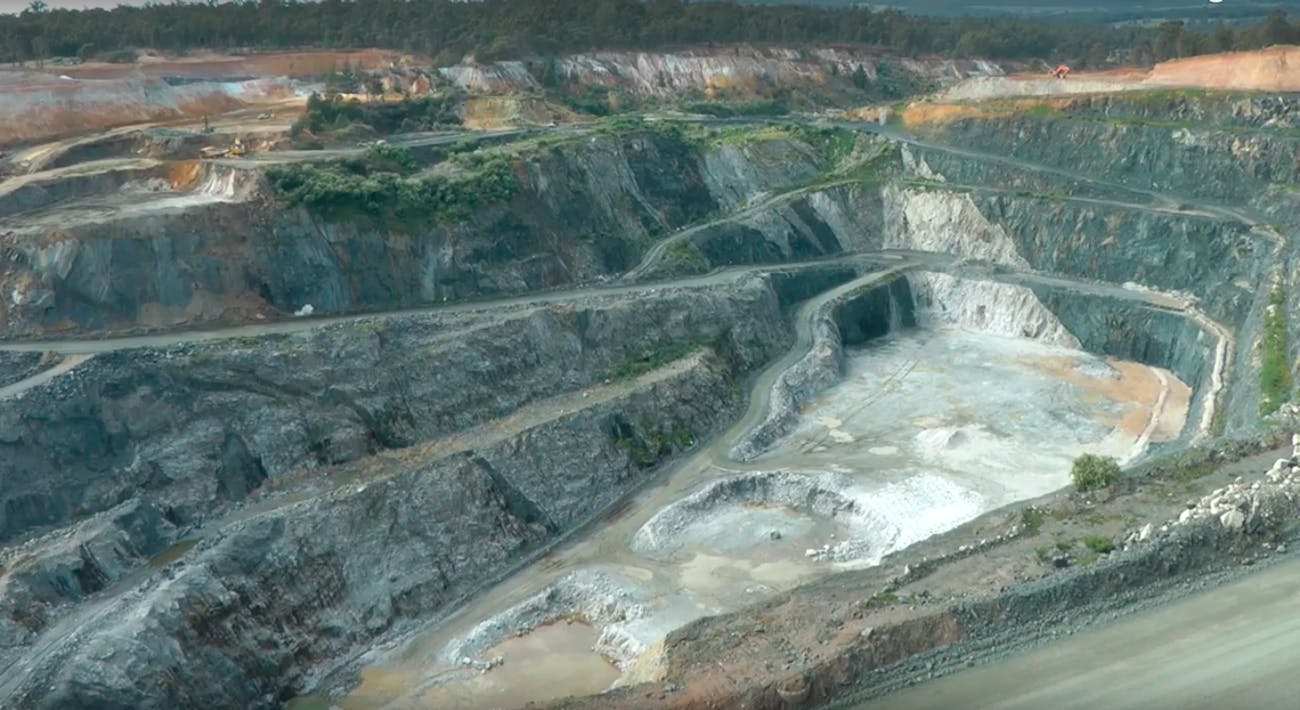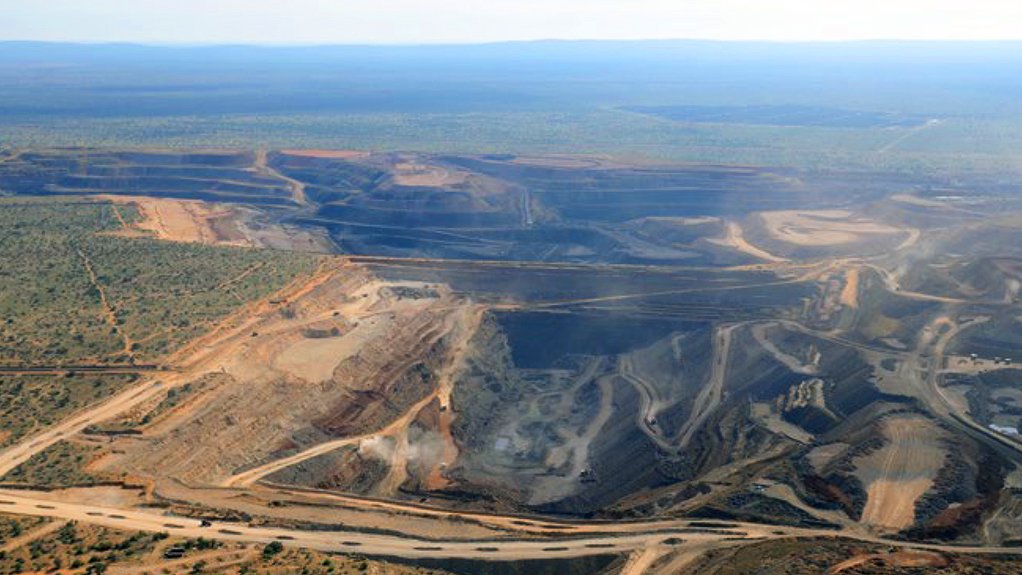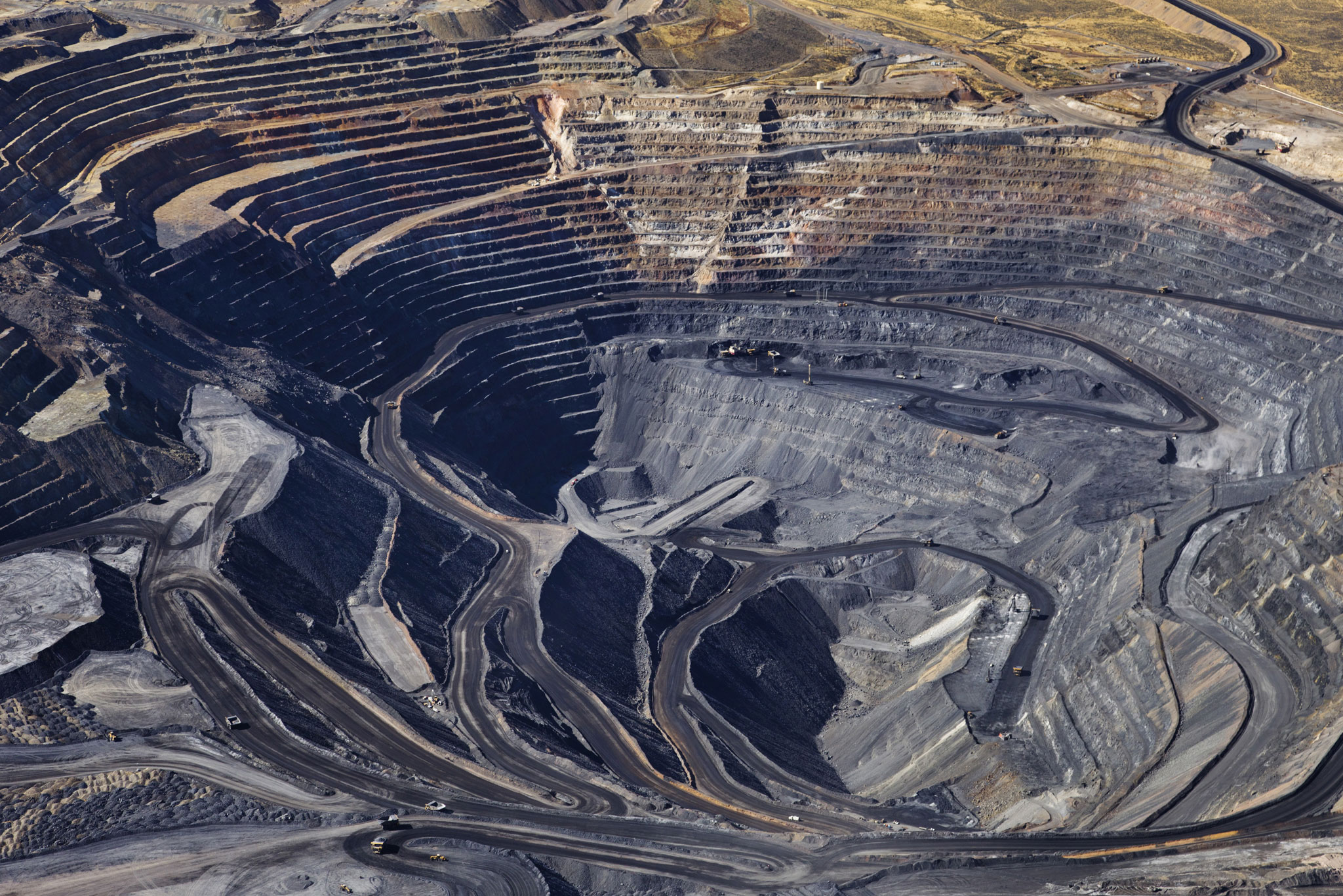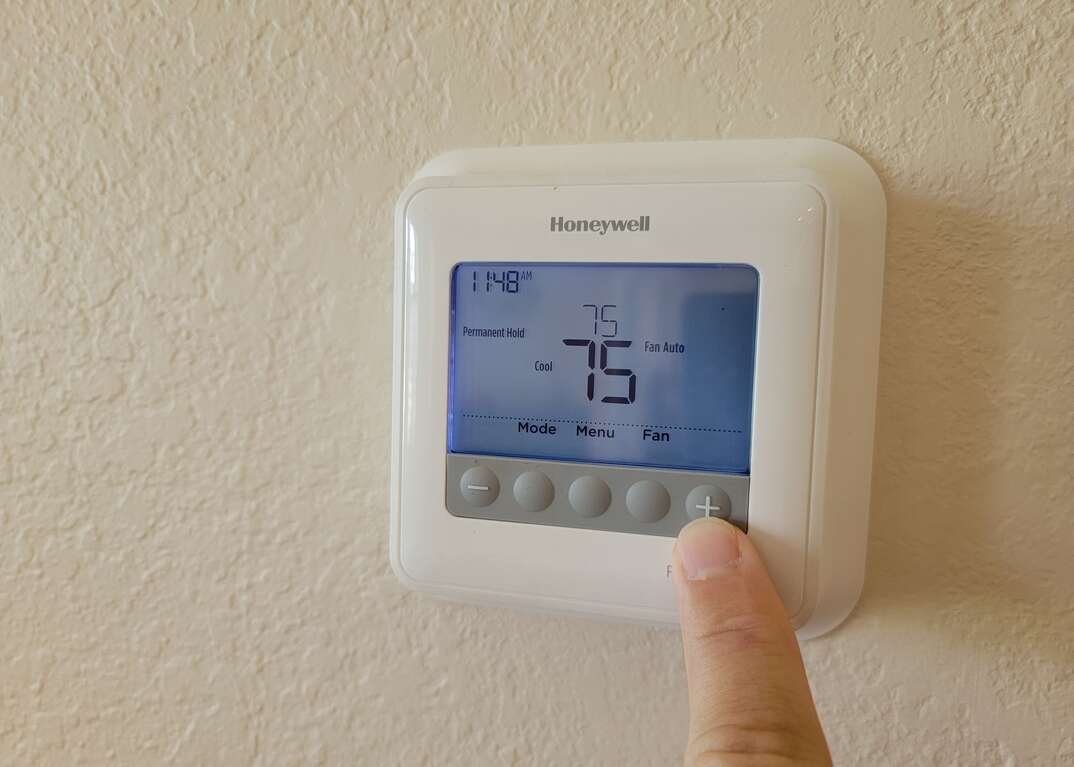Not as much as you might think and possibly none. We can mitigate the need for new power plants in two ways:How many new nuke plants should we build to power all the new EVs?
First, encouraging the placing of charging stations for electric vehicles in strategic ways, rather than letting them spring up anywhere, and setting up systems to initiate car charging at delayed times could potentially make all the difference.
Secondly, The capacity to handle EV charging is there, but to truly handle this new surge in EV grid demand, it will take planning on the part of utility companies across the U.S. Issues such billing as current crosses the grid, state limitation placed on power companies selling power to the grid are wasting a lot of our capacity.
Also, keep in mind power capacity will be increasing with more solar and wind electric production coming on line in coming decades. Thus many utilities will be facing stagnant or declining load growth. Electric vehicles represent a chance to reverse that trend.
Last edited:




